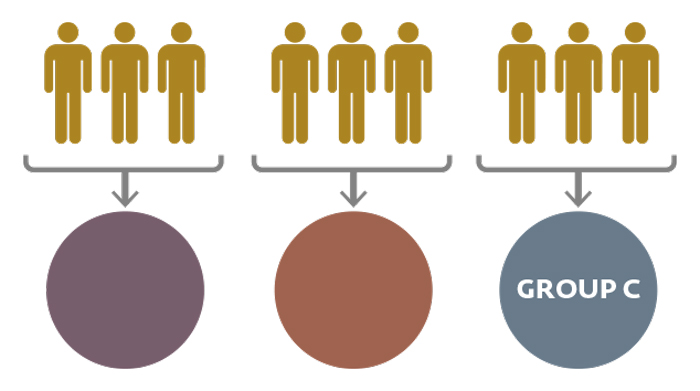Do you want to know how successful major gift officers help their donors give transformational gifts?
By “transformational,” I mean a gift that, for both the donor and the organization, takes the donor’s giving to a completely new level and fundamentally changes the organization.
Usually it’s a six, seven, or even an eight-figure gift.
Recently I wrote a blog post about how to set goals for the donors in your portfolio. But there’s another level of planning that successful major gift officers do that leads to a transformational gift.
Here’s how successful major gift officers cultivate a transformational gift:
- They review their Tier A donors. Through knowledge of the relationship with the donor, understanding their capacity, and knowing what they’re passionate about, you create a 3- to 5-year revenue goal. For example, say you have a donor who’s giving in the $50,000 range. They’re in your Tier A level, and they’ve made significant gifts in the 6 and 7 figures to other organizations. You may set a three-year goal at $250,000 to $500,000. We find there are anywhere between 2 to 5 donors in your Tier A level who have the ability to make a transformational gift. (Learn more about Tiering donors here.)
- They create a three-year plan. This is in addition to the 12-month strategic plan you already have for this donor. You’ll create a long-term (in this case 3-year) plan to help this donor give that transformational gift. This plan is predicated on knowing your donor’s passions and interests, because you’ll be doing quite a bit of research around your programs and projects. This plan will include cultivating your donor with touches that are specific to the program or project you’re matching up with your donor.
- They work with program and finance. Working toward a transformational gift, your work as a major gift fundraiser is to sit down with program and finance to come up with the most appropriate offer that program will be able to fulfill if they did receive this type of gift. Finance needs to be at the table to make sure the gift is structured correctly, and they work with Program to make sure all costs are included for the donor to invest in. There will also need to be buy-in from the program team, as they’ll be asked to meet with the donor to help present the need.
- They involve their leadership. It’s imperative that your leadership is involved in helping cultivate a transformational gift. The CEO or ED, some members of the board, and the COO or CFO, all need to have a clear plan about what their role is with the donor. It’s your job as the major gift fundraiser to quarterback the team of people whose help you’ll need to make this gift become a reality.
- They communicate with the donor. Successful MGOs, when working on a long-term plan for a transformational gift, will be talking about it with a donor all along the way. In other words, if you have a solid relationship with a donor, you can have frank, open, and honest discussions about their future investments in your organization and what it would take for your donor to want to make a transformational gift. This is much better than “springing” on a donor a large gift solicitation that comes out of the blue. If you review how most donors make a transformational gift, it’s typically through years of working very closely with the gift officer and the organization. They help inspire the donor to make that incredible gift.
- They show impact. As Richard and I stress all the time, continuing to show your donor how their previous giving is having an impact will have a great effect on how your donor perceives your organization. And coming up with both formal and informal ways to show the donor how their gifts have made a difference will have an enormous impact on whether a donor will be inspired to make that transformational gift. If you do this right, your chances of receiving that gift go up exponentially.
This is how successful major gift officers help donors give transformational gifts. They plan for it. They work hard with the donor and with everyone in the organization to build the proper offer that will inspire the donor. And the gift officer has to be dedicated to a long-term plan – because exceptional gifts typically don’t happen out of the blue.
It’s having a goal, a plan, and the discipline to stay with the plan that brings in a transformational gift. You can do it!
Jeff







In reading this pot…I would like yo add a suggestion I have used in my field of work…a case study. Give me a person, real facts, conversations, locations, personality…in other words, create some theater.